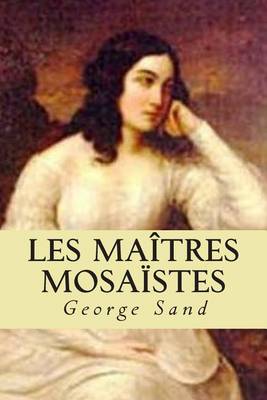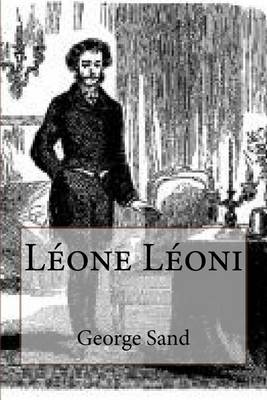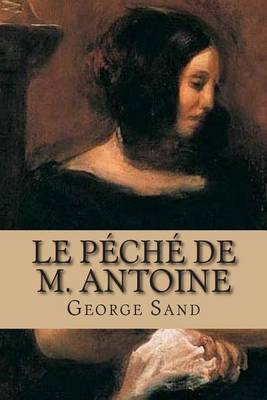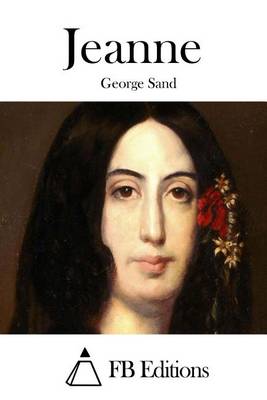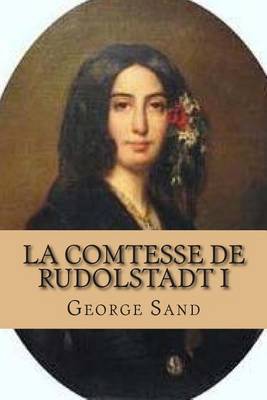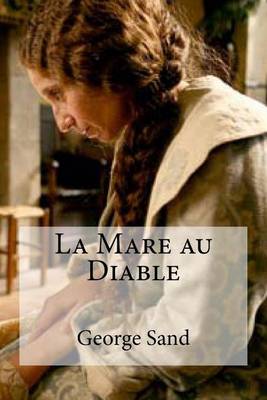Les Romans de George Sand
26 primary works
Book 32
Book 32
Book 32
Book 32
Book 32
Book 32
Book 32
Book 32
Book 32
Book 32
Book 32
Book 32
Book 32
Book 32
Book 32
Book 32
Book 32
Book 32
Book 32
Book 32
Regarded as one of Sand's best novels, Lelia is an important document in the evolution of women's consciousness. Published in 1833, when Sand was 29, it stunned Victorians by advocating the same standard of morality for men and women and by suggesting that both the prostitute and the married woman were slaves to male desire. Sand also questioned monogamy, fidelity, and monastic celibacy. She later made an unsuccessful attempt to revise the book and to expunge its despair and skepticism.
Although Sand wrote copiously, until recently only a handful of her books were available in English. This first English translation of Lelia is an excellent rendering, capturing the raptures, the mysticism, and the nineteenth-century flavor ot its eternally fascinating subject.

